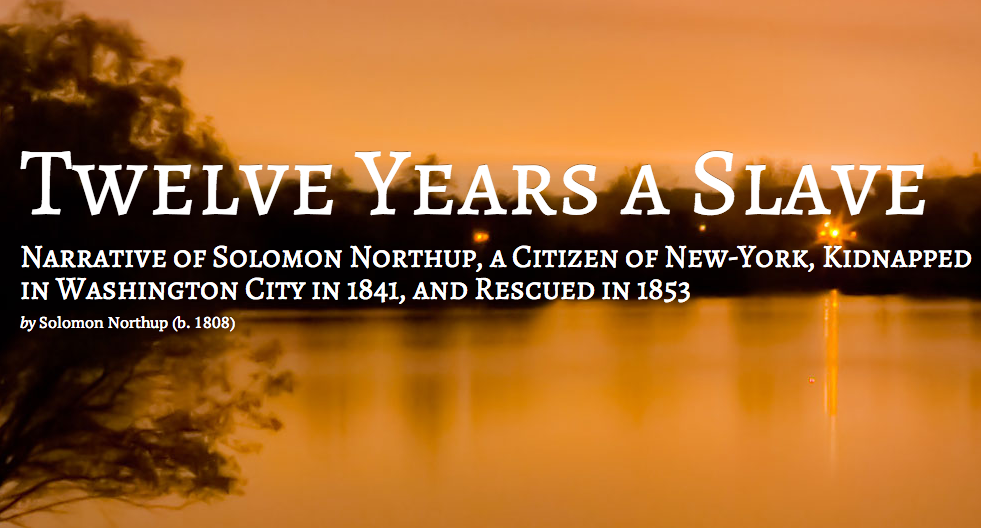Happy Hunger Games! With the release of The Hunger Games: Catching Fire at cinemas, what better time to explore some of the core vocabulary from this epic series. Need some background? For the full picture on the language of The Hunger Games, read our blog post.
Whether your arena is a jungle, a desert, or a ticking time bomb, here are eight pieces of essential vocabulary you need to know in order to survive the Games. Don’t forget, knowing these definitions could save your life, and may the odds be ever in your favour!
1) Reaping
It all starts here, so look sharp! The reaping is where two tributes, one girl and one boy, are selected to represent their district in the Games.
This use of the word ‘reaping’ could be representative of many of the senses of the verb reap, many of which date back to Old English, including the most common sense meaning to gather, reap a reward (as the Capitol is reaping their reward for being victorious over the districts). It also could allude to the phrase ‘to reap what one sows’, as the Capitol taking the children of the defeated districts every year is a constant reminder of the negative consequences of their actions – payback for their previous rebellion in the Dark Days. As the children of the districts are effectively being raised like lambs for the slaughter, this word has obvious connotations with the Grim Reaper, as 23 of the 24 selected will not survive the Games. Grim Reaper is first noted in the Oxford English Dictionary (OED) in 1847 but ‘Reaper’ meaning death is mentioned much earlier in 1650.
2) Tribute
That’s you! The contestants who are sent to the Games are called ‘tributes’. The choice of name here evokes the tributes paid by the losing side after a war in the ancient world. These ancient tributes often involved hostages, and there is also an obvious link to sacrifice here. The word ‘tribute’ being used to describe people as payment hammers home the participants’ loss of identity and humanity.
3) Quarter Quell
Get some tips from Haymitch Abernathy as you’ll need some serious smarts to survive this. The Quarter Quell is a special version of the Games occurring every 25 years. This is designed to re-emphasize the subjugation of the districts, as one would expect considering the definition of the word quell, which according to the OED has parallels in a number of languages including Middle Dutch, Old Saxon, Old High German, Old Icelandic, and Old Swedish.
4) Sponsor
‘Sponsors’ are members of the audience who, due to their admiration, or often the fact that they have a lot of money bet on you winning, can pay to send you objects in the Games. This could take the form of medicine, food, or even a spile. ‘Sponsor’, as a noun, derives from the Latin, spondere, meaning to ‘promise solemnly’.
5) Star-crossed lovers
Katniss, Katniss, wherefore art thou Katniss? A bit of romance can do wonders for your chance of survival, so ham it up. Win over the populace of the Capitol as love’s young dream and you might just make it out of there!
‘Star-crossed’ is first mentioned in William Shakespeare’s Romeo and Juliet in 1597 but has since been frequently alluded to in literature as well as romcoms. Did you know, however, that it actually means thwarted by a malign star?
6) Cornucopia
Survival of the fittest – so don’t even think about it unless you’re primed for a fight. The cornucopia is a structure, in the shape of a horn, at the centre of the arena where all the tributes are placed when the Games begin. All food, weapons, and other supplies are laid here to tempt in the tributes to a bloodbath. Cornucopia is a late Latin form, written as one word, of the earlier phrase cornū cōpiae meaning the ‘horn of plenty’; fabled to be the horn of the goat Amalthea by which the infant Zeus was suckled; the symbol of fruitfulness and plenty.
7) Career
A bit of careers advice – avoid them at all costs. In the Games a ‘career’ is referring to the strong, lethal tributes usually from districts one and two. Though it is illegal to do so, they train for the games their whole life and then volunteer for the glory of winning. In modern English ‘career’, meaning a course of professional life or employment, is modelled on the French ‘carrière’ and is first cited in the OED in 1927. These tributes band together like animals in a pack, and are as ravenous as hyenas, so watch your back.
8) Muttation
Being good with animals is no advantage here. Muttations (or mutts) are frequently unleashed when you least expect it in the Hunger Games arena. These range from terrifying mutant beasts to seemingly harmlesseavesdroppers. ‘Mutt’ itself stems from ‘muttonhead’ meaning ‘a dull or stupid person’, colloquial in the US and first cited in the OED in 1803. The fuller form of the word suggests that there may be a nod to the idea of mutation.
Posted on: 29 November 2013 | Categories: English in use | Tags: cinema,language from films, movie, reaping, The Hunger Games, The Hunger Games: Catching Fire, tributes
![]() Crocuses, baseball, hay fever – all sure signs that spring is hard upon us! Perhaps the most telling signpost of spring in the NOVA Libraries is the arrival of National Library Week (NLW). First celebrated in 1958, National Library Week is a national observance sponsored by the American Library Association (ALA) and libraries across the country each April. It highlights the contributions of libraries, librarians and library workers in schools, campuses and communities nationwide. The theme for this year’s events scheduled for the week of April 13-19 is “Lives Change @ your library”, and the National Honorary Chair this year is author Judy Blume. Check out this video of Ms. Blume talking about the importance of libraries in her life.
Crocuses, baseball, hay fever – all sure signs that spring is hard upon us! Perhaps the most telling signpost of spring in the NOVA Libraries is the arrival of National Library Week (NLW). First celebrated in 1958, National Library Week is a national observance sponsored by the American Library Association (ALA) and libraries across the country each April. It highlights the contributions of libraries, librarians and library workers in schools, campuses and communities nationwide. The theme for this year’s events scheduled for the week of April 13-19 is “Lives Change @ your library”, and the National Honorary Chair this year is author Judy Blume. Check out this video of Ms. Blume talking about the importance of libraries in her life.


